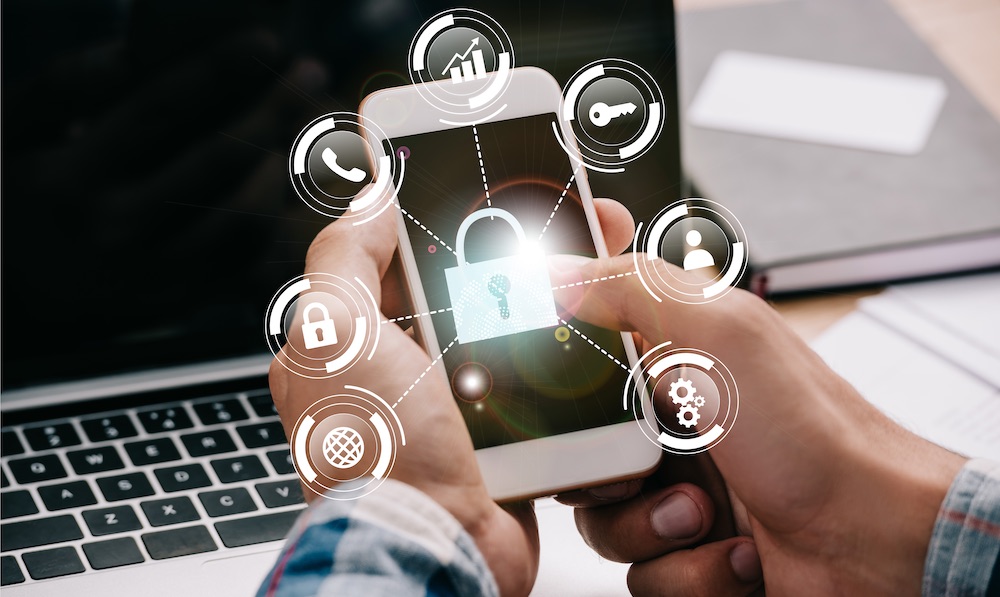
What are two words that no small- to medium-sized business (or any size business, really) wants to hear?
Data breach.
Data breaches can be detrimental to SMBs, and these cyber attacks have been on the rise. Research found that 43% of small businesses are the target of cyber attacks, and 60% of SMBs go out of businesses in about 6 months following an attack. That said, only 14% of SMBs rate their ability to prevent cyber attacks as highly effective.
A 2019 SMB IT Security Report noted that 80% of businesses believe that cybersecurity is a top priority, but 29% of SMBs spend less than $1,000 on cybersecurity each year.
What is a Data Breach?
In order to prevent a data breach, it’s first important to understand what it is. A data breach is when a hacker gains access to a business’s IT infrastructure to steal private information from company databases. This can be anything from company passwords to email or physical addresses, phone numbers, credit card information, or driver’s license numbers. Gaining access to this information allows hackers to commit fraud and/or identity theft.

Preventing Data Breaches
Now that you know what a data breach is, it’s time to talk about how to prevent them.
1. Stay Up to Date: It’s important to keep your hardware and software up to date. This ensures that the best security measures are in place and that computers and other devices are protected against any cyber attacks. If you haven’t completed a software update in a while or if your devices are very outdated, it’s time to look into upgrades.
2. Train Employees: A study found that up to 47% of data breaches are caused by human error, so it’s important that all employees participate in regular cybersecurity training. This ensures that everyone on your staff knows what type of breaches are possible and what to look for. You’ll also want to make sure they know the proper cybersecurity steps to take, such as using two-factor authentication and encrypted software for communication.
3. Keep Email Separate: Employees should have separate personal and professional email addresses. If someone’s personal email is hacked, the cybercriminal won’t be able to gain access to private company information.
4. Hire an IT Professional: SMBs may not have the resources or funds available for a full-time IT staff member or department. But they can hire an outsourced IT company to ensure that the IT infrastructure is properly maintained and cybersecurity measures are in place. A managed IT services provider works with your business to keep your data protected.